What is an Easement?
According to a definition from Gale on Easements quoted with approval by the High Court on various occasions, an easement may be defined to be:
a privilege without profit, which the owner of one neighbouring tenement hath of another, existing in respect of their several tenements, by which the servient owner is obliged ‘to suffer or not to do’ something on his own land, for the advantage of the dominant owner.
The landmark case which set out the essential characteristics of an easement is the case of Re Ellenborough Park [1956] 1 Ch 131 (CA).
In that case, it was held that there are four requirements to give rise to a valid easement:
there must be a dominant and a servient tenement;
an easement must ‘accommodate’ the dominant tenement;
dominant and servient owners must be different persons; and
a right over land cannot amount to an easement, unless it is capable of forming the subject matter of a grant.
In relation to these four requirements, it is noted that:
there must be a dominant and a servient tenement:
‘dominant tenement’ means the land benefiting from the easement; and
'servient tenement’ means the land which is burdened by an easement;
the exception to this requirement is the case of an ‘easement in gross’ where there is a burdened lot only to serve the purposes of local government or authority;
an easement must ‘accommodate’ the dominant tenement:
the use which is authorised by the easement must be one which benefits the dominant land and is not personal to the dominant owner;
the exception to this requirement is again an ‘easement in gross’ as described above;
dominant and servient owners must be different persons:
this reflects the notion that no one can acquire rights against himself or herself;
however, this common law requirement has been weakened in QLD by Section 86 of the Land Title Act 1994 which expressly permits that an easement may be registered even if the lot benefited and the lot burdened by the easement have, or are to have, the same registered owner;
a right over land cannot amount to an easement, unless it is capable of forming the subject matter of a grant:
this requirement is perhaps the most difficult requirement to define, as there is no list of set criteria or rules to determine if a right is capable of forming the subject matter of a grant;
there are a number of commonly accepted rights that are capable of forming the subject matter of a grant, some of which are:
rights of way for access (e.g. a battle-axe block);
rights for water, drainage or sewerage reticulation (e.g. a sewer main traversing a property); or
rights of retention of light or air (e.g. to provide uninhibited access to airflow or sunlight);
rights to permit an encroachment (e.g. where a structure on one lot is partially built on a neighbouring lot);
it is unclear if the categories of rights capable of forming the subject matter of a grant is limited, or if novel categories can still be established.
What is not an Easement?
Critically, a right will not constitute an easement if it:
amounts to exclusive use of the servient tenement, as outlined in the case of Reilly v Booth (1890) 44 Ch D 12 at 26;
does not satisfy the four requirements above (unless it fits within limited exceptions to these four requirements, such as easements in gross); and
is a right that the courts have determined already is not capable of forming the subject matter of a grant, such as:
rights of prospect;
rights to an undefined flow of air;
rights to ground a barge on a riverbed;
rights in favour of overhanging trees;
rights to hit cricket balls into a neighbour's yard;
rights to use a nearby block of land as a dog exercise area; and
rights for protection against the weather.
What if I am involved in a dispute regarding an Easement?
If you are involved in a dispute regarding an easement, it is critical that you seek legal advice immediately so that you don't lose or prejudice any rights that you may have and can make informed decisions going forward.
Further, if you own a property and a neighbouring owner currently uses or accesses part of your property for some reason (e.g. to pass across your land, to run pipes over or under your land etc.), you should seek legal advice immediately as the use may constitute an unregistered easement which may impact upon how you can deal with your property.
See our article HERE for more information regarding easement disputes.
Contact our specialist property law team now for expert assistance with any queries regarding, or disputes involving, easements.
Our Legal Practitioner Director, Simon LaBlack, is one of only 29 Accredited Specialists in Property Law in Queensland. He acts as a Court-appointed statutory trustee for sale and consults to other law firms on complex property related matters. He has extensive experience in Property Law in Queensland having personally handled thousands of Property Law matters. He has led multiple teams consisting of lawyers and paralegals, with a specific focus on the training of legal staff and the implementation of effective systems and processes to improve outcomes for both his clients and his team.
Important Disclaimer: The material contained in this publication is of a general nature only and is based on the law as at the date of publication. It is not, nor is it intended to be, legal advice. If you wish to take any action based on the content of this publication, we recommend that you seek professional advice.


